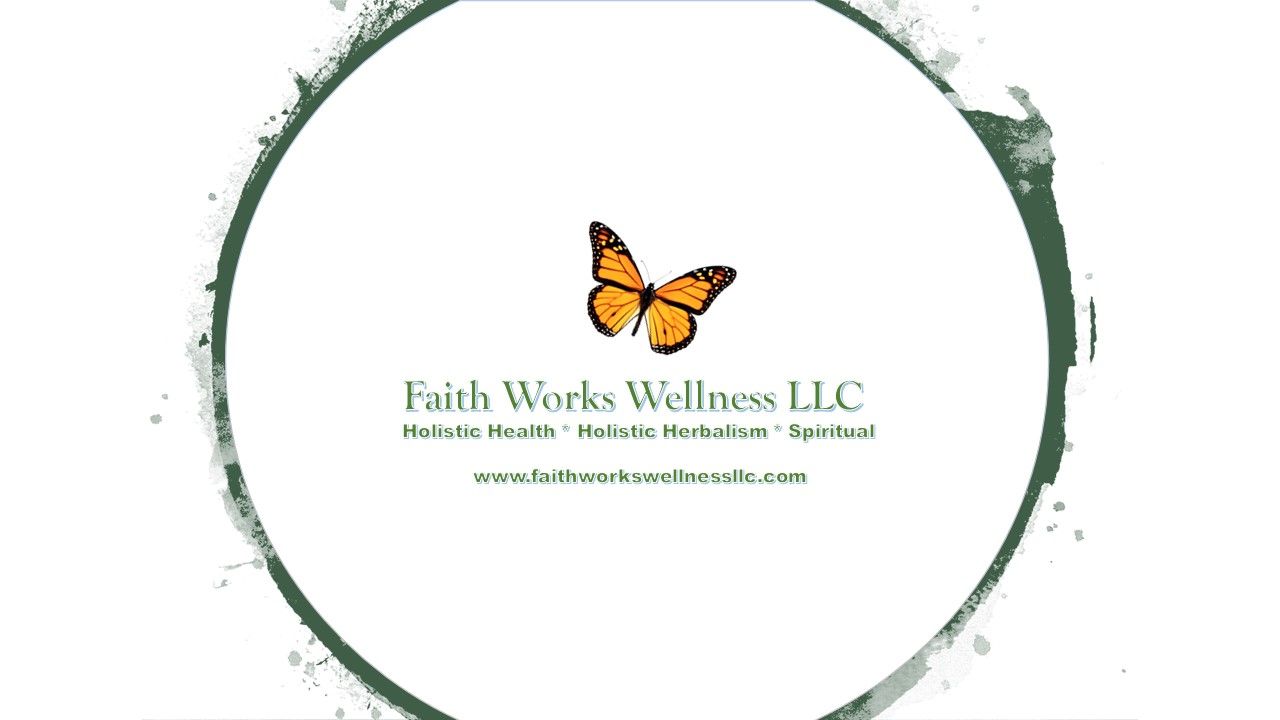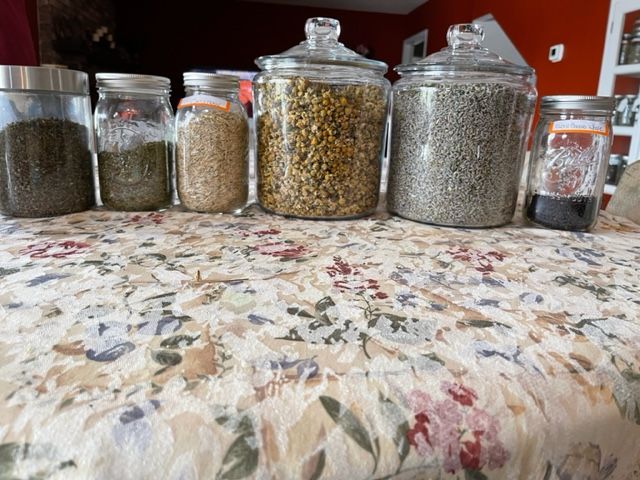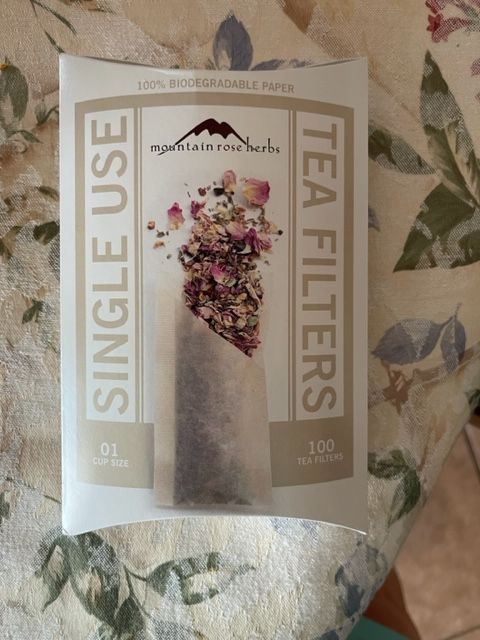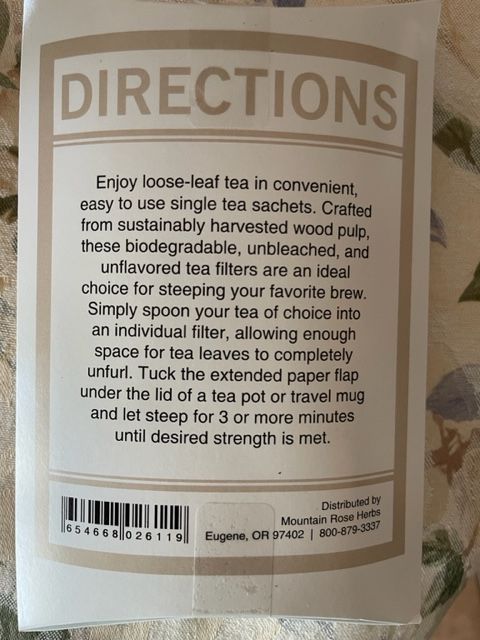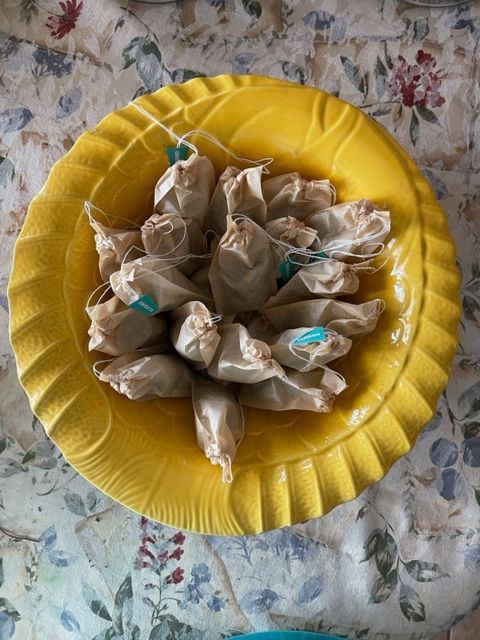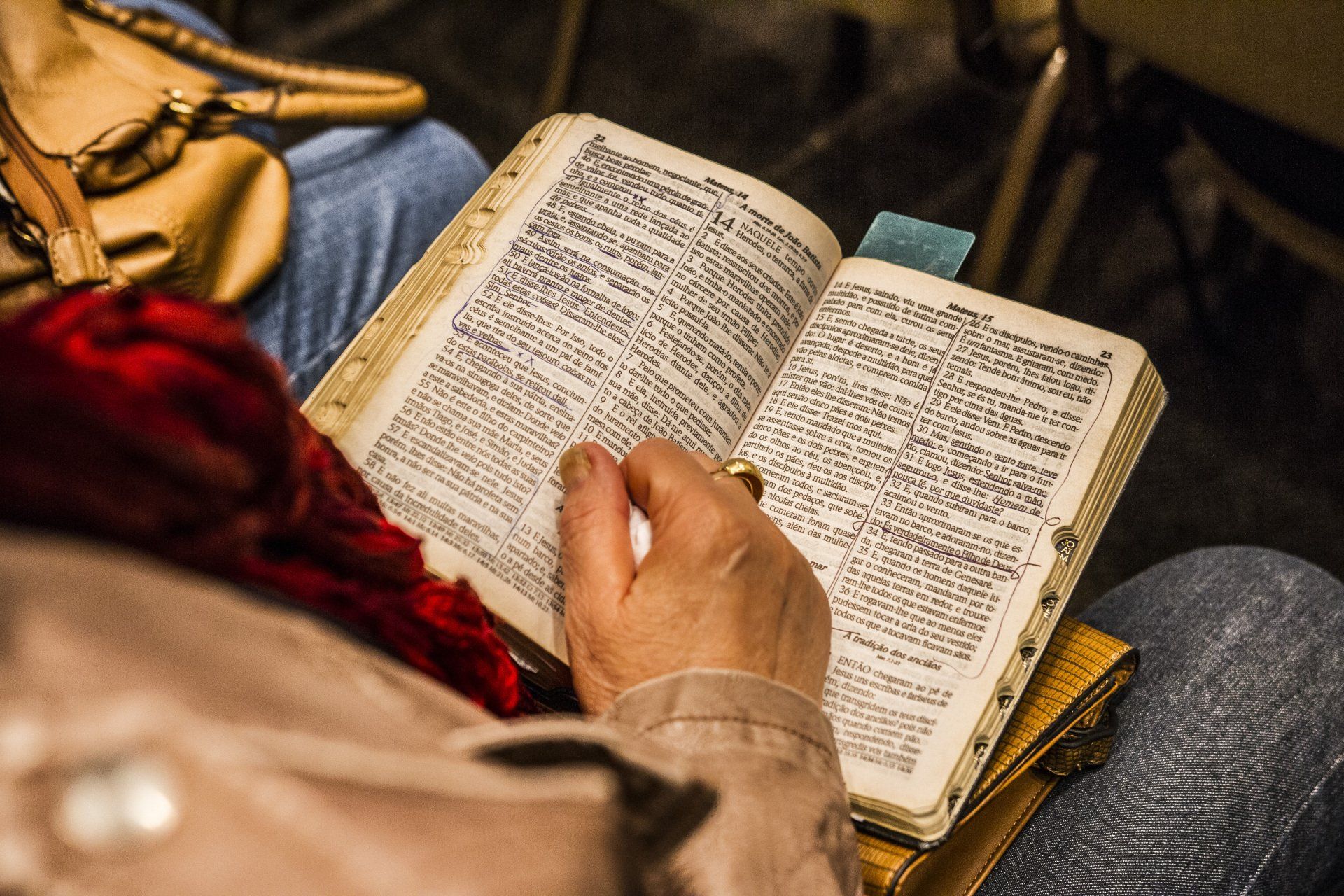Meditational Teas
Meditational Tea for Silent Retreat Attendees
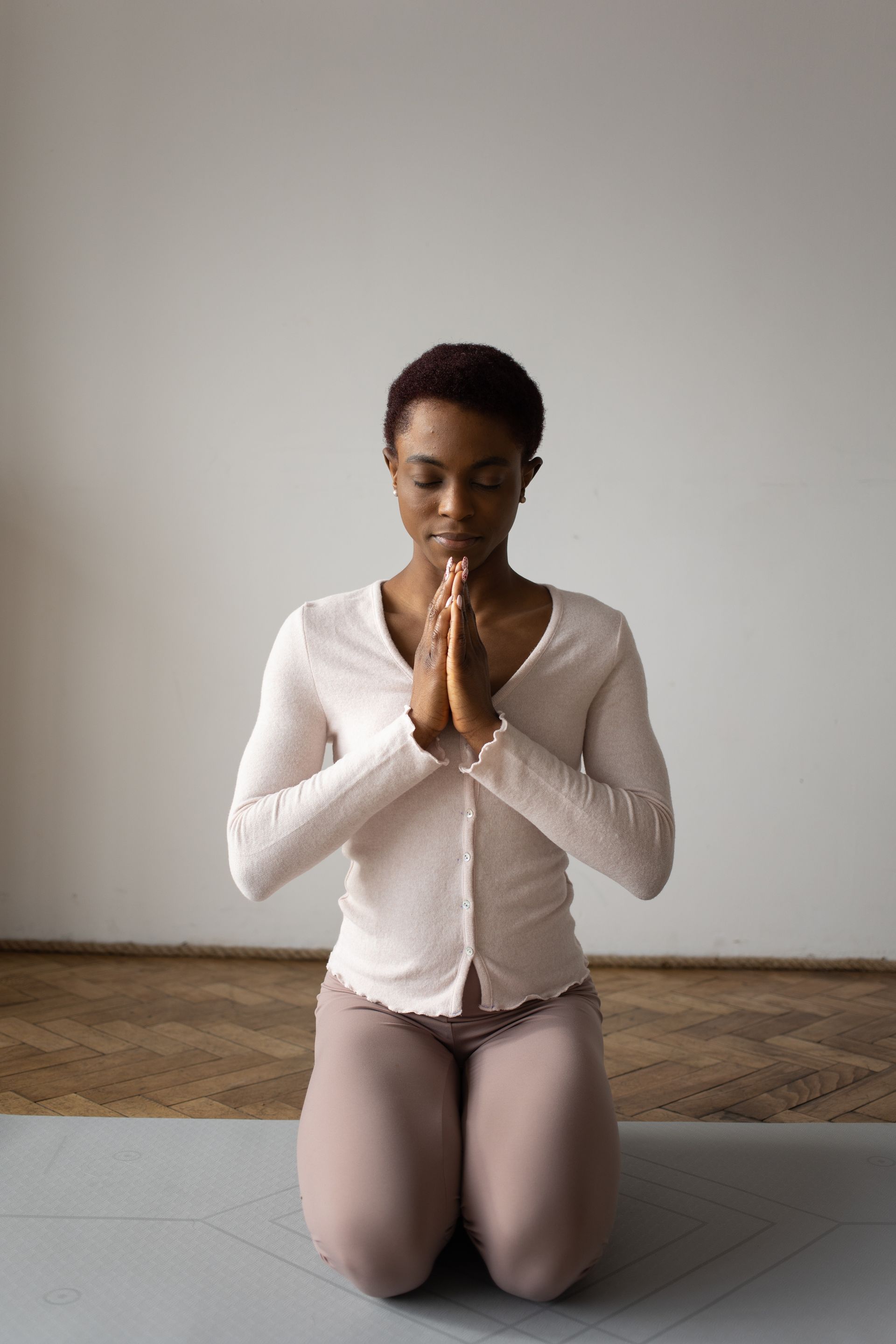
Please note that every word in bold is linked to a website with more information about that specific subject. When you click the link, a message should come up asking if you would like to open the link on a different page. Clicking "yes" to this keeps your reading page open while providing the additional subject matter of interest on a different page. This usually provides ease of reading the blog while allowing you to move back and forth from the blog to the linked information. This is not an in-depth review of meditation or teas but a little bit of information about my meditational experiences and how teas may benefit meditation. I also included the two recipes I prepared for the Audire weekend retreat and information about the teas.
I love meditation. I meditate using many forms of meditative space that I create to connect with God. I often begin with prayer, scriptural reading and follow with contemplation on what that scripture means to me; how these words apply in my life in this day and age. I go through periods of journaling in meditation when God speaks to my heart. So much wisdom comes from sitting with God and listening with pen in hand to just write what is spoken. I frequently have pages and pages of written work. When I reread the words that rose from within, I am often blown away and amazed at the power and beauty they hold for my life. I journaled meditation for three years every day, I am taking a bit of a break from journaling that deeply now to recreate a fresh awareness to it when I return to that style of meditation. I take journaling so seriously, it often took hours out of my day, but it was so well worth it at the time. Sometimes I sit with music and/or work in art forms of sketching or drawing something meaningful to me. I contemplate the deeper meaning of the work as I ponder why that image came to my mind at that specific time to work. I love the strokes of the pencil or charcoal as thoughts of God, holiness, family, heaven, departed loved ones, or even nature come to mind. This stirring of my heart strings stimulates my long-term memory cells reminiscent of both good and bad experiences vividly calling them back to me as if fresh and new. Sometimes this experience hurts, but most always it brings healing, closure, a different perspective or a new understanding of life that makes the memory meaningful and holy in some new way. I love to sit at the piano and play the keys as God whispers into my soul deep thoughts bringing about self-awareness of my good and not so good attributes and behaviors and of His profound love for me no matter how I may have deviated from holiness. Sometimes the music moves with a bible story, a psalm or prayer. It is often so amazing to hear the life brought to the piano keys through the movement of God. I love to walk everywhere. My mind goes automatically into meditation mode from years of walking with this purpose. It does not take long until I hear, sense or feel God's presence during my walk, renewing my soul, strengthening me or providing much needed direction. Creation is such an astounding and beautiful gift; it is no wonder God is near as we walk in awe and appreciation of His handiwork. Of course, meditation is always my "Go To" whenever I have an issue or a problem that needs to be remedied, solved, healed, deeply considered or is something that simply needs to be dealt with internally, externally or both. Answers and solutions seem to flow ever so brilliantly and meaningfully from God when they come; but the answers are not always immediate. Continued work in a specific-need meditation for me takes diligent work and constant attention. This, for me, is not a hit or miss time for prayer but an effort of enormous energy. Journaling is especially helpful here since so often the answers seem to trickle in, as if provided in small medicinal doses building upon one another later making full sense. In all these ways, while not required, preparing and sitting with a warm comforting relaxing cup of tea first can help move the mind, body and spirit forward into meditation. Herbal teas, prepared for purpose, can offer many ways to open the door to meditation. Depending on what type of meditation I will be engaging in, is how I select my tea. This takes time and practice and like everyone else, I am always growing in knowledge and wisdom. There is no one right way, but there are many various paths to meditation and there are also many variations in herbal teas. The right paths are the ones that work for you. Many times, I feel called to meditate: a summoning to quiet and deep listening, and then I just do it without much preparation. If I ignore the call, it becomes loud in my mind and somewhat painful to my heart and soul and this demands attention. Until I make this lack of action right on my part, I continue to feel guilty, as if I let God down. I missed something important and knowing this also bothers me. God wouldn't have pulled on my heart so strongly if He didn't care. My remedy for this lazy delayed response is prayer of confession, apology and thanksgiving as I offer my time back to God. Most times this works, but not always, I believe some blessings are then missed forever. It is a lesson learned repeatedly I am sorry to say, I can be quite stubborn at times. I have gotten much better at dropping what I am doing and paying attention to God in the moment. It is interesting to me that God calls me most often in the middle of the night, sometimes calling me to my knees. I have become aware myself that when I have an emergency, I call on God and expect, hope and trust Him to provide attention to me immediately to comfort me. The realization of my ignoring God's call and my inner expectation of God being at the ready when I call upon Him, makes me feel foolish and quite small. The good news is, it is within the meditations that I come to understand my strengths, my weaknesses, my humanity and the bountiful and never-exhausted Grace of God. It is here I find peace, joy, forgiveness and great love. One of the Audire team leaders asked me to prepare two different meditational teas to bring to our silent retreat this coming weekend. This was a lovely invite that brought me great pleasure in serving. Creating tea for others, especially for general population where you do not know much about others' health conditions, means I need to focus on teas that are commonly used for meditation and identify those which are generally known as safe for use for most people. Anyone can have a reaction to any food, environment or medication, so ingredients and information is linked for personal review. Other things I need to consider is aroma and flavor, if it doesn't smell or taste good, who will drink it? Also, people have different senses as to what flavor is more appealing; some prefer floral while others, not so much. So, my two teas will be made quite differently. One will have a heavy floral base allowing for a beautiful fragrance to rise first and heighten the senses and then have a delicate but delicious floral taste that many will enjoy. The other will have more of a fruit and citrus base aroma and will very pleasantly get the job done. I will make enough to bring that each participant who desires to try a meditation tea can try at least one. Sometimes I create my own teas, other times I see a recipe that catches my attention and may use the recipe as it is or modify it by what I have on hand and what characteristics I want to add or remove. Creating my own recipes is my joy. I am providing the base recipe I used for each tea. I did not create both of these teas, but I did create the first one. I use choice organic and properly sourced ingredients and tea bags. I create a clean environment to mix, blend and stir. I often create herb blends from ingredients I have on hand. I have plenty, somewhere about one hundred herbal teas. After considering my purpose for the tea, I consider how much tea I need in a cup (about 1 and a half tablespoons) of the final mixture per person, per tea recipe. There was quite a bit of tea used to create these teas, but given the purpose of meditational tea, I want the teas to stand up to the requirements of function-ability, taste, fragrance, visual appeal and safety. As this is our end year retreat, a very special time, including year three graduates, I want it to be especially lovely. It would have been even more of a vision feast for the eyes to have glass teapots filled with these beautiful teas but given the traveling aspects and time constraints to our teatime, I thought it best to use organic hand-stuffed tea bags. For those on medicine, it is often easiest to google your medicine and search for herbal contraindications or side effects. Then, if an herb presents as an issue, you can see if that herb is one used. If it is, then you can further research that particular herb using the links below and perhaps others you may find as you open the first link. Also, certain conditions, such as pregnancy can be an issue. A quick search of herbal use while pregnant can be googled first and then any herbs that populate can be compared to the list below and then researched as well via the link.
Tea One: Floral based creating for 25 people:
- 25 tablespoons of chamomile
- 25 tablespoons of lemon balm
- 12 tablespoons each of lavender, passionflower and oat straw
- 9 tablespoons of elder berry
- 5 tablespoons of rose petals
Tea Two:
Meditation Tea Recipe by Mountain Rose. I substituted lemon balm for skullcap (both have calming effect and lemon balm adds a nice citrus background); and I also substituted peppermint for rose petals, since we had rose in the first tea. The recipe is for one cup in its originally format, I adjusted to twenty-five servings or approximate 1.5 - 2 tablespoons per person of herbal mix. To me, this tea tastes best with a little honey and some lemon.
This tea is not floral based and includes nettle, raspberry leaf, oat straw, catnip, skullcap and rose petal. Their original recipe called for one teaspoon each of the six herbs, which is what I followed but with substitutions as noted.
Herbal Tea Blend Recipe for Meditation (mountainroseherbs.com)
Brewing should be gently done with steaming, not boiling water and should steep for five to ten minutes. For more information about brewing tea, please our blog: "The Art of Making Herbal Tea"
Resources on safe use and precautions:
5 Ways Chamomile Tea Benefits Your Health (healthline.com)
Lemon Balm: Uses, Benefits, and More (healthline.com)
Lavender: Origin, Benefits, and Uses (healthline.com)
The Calming Effects of Passionflower (healthline.com)
Oatstraw Tea Benefits - Lily Health
The Pros and Cons of Elderberry (healthline.com)
What Is Rose Tea? Benefits and Uses (healthline.com)
6 Benefits of Stinging Nettle (Plus Side Effects) (healthline.com)
Red Raspberry Leaf Tea: Pregnancy, Benefits, and Side Effects (healthline.com)
Oatstraw Tea Benefits - Lily Health
Catnip Tea: Health Benefits and Uses (healthline.com)
Skullcap: Benefits, Side Effects, and Dosage (healthline.com)
*Lemon Balm was substituted for Skullcap in this recipe: Link: Lemon Balm: Uses, Benefits, and More (healthline.com)
What Is Rose Tea? Benefits and Uses (healthline.com)
*Peppermint was substituted for Rose in my recipe: Link: 12 Science-Backed Benefits of Peppermint Tea and Extracts (healthline.com)
Try This Peaceful Tea Meditation to Bring Comfort to Your Day — Alo Moves
Herbal Supplements: Precautions and Safe Use - PubMed (nih.gov)
Disclaimer follows:
The content on our website, Facebook websites; brochures, etc., is for educational purposes only. Although we try to carefully provide useful and accurate information, you are responsible to research and verify information before relying on it. We are trained herbalists and not licensed or registered healthcare practitioners. We cannot diagnose health conditions, nor prescribe medicines legally; we are not medical doctors. However, we will recommend or suggest medicinal herbs for various health complaints, as we believe in the safety and efficacy of botanical medicine.
The information we provide is not intended to be a substitute for medical treatment. Please consult your medical care provider before using herbal medicine, particularly if you have a known medical condition or if you are pregnant or nursing. You are responsible for your own health. As with conventional medicine, herbal medicine is vast and complex, and must be used responsibly. People react differently to different remedies. Some herbs are contraindicated with certain pharmaceutical drugs.
Furthermore, some helpful herbs may be confused with harmful and/or deadly substances.
